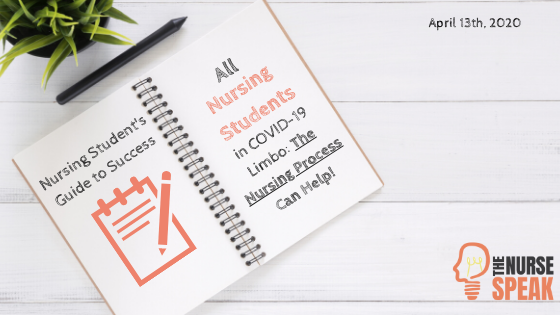
As we are all navigating through the uncertainties of COVID-19 and how this global pandemic is reshaping our day-to-day lives, it is easy to feel overwhelmed, scared and even helpless at times. Some of us may feel angry. Some of us may feel fearful. Many of us are hanging in limbo wondering – “What’s next?” We have many questions. Lots of things to figure out. So, where do we start? The Nursing Process can help!
When nurses don’t know what to do next, or when they have questions that need to be answered, they use The Nursing Process, always starting with Assessment – and you should too!
Let’s start by asking yourself: “How can I use my strengths and skills to have more control over my current situation?” Take a few minutes to think about your strengths and skills. How can you utilize these to improve your current situation or circumstance? What can you personally control that will help you move closer towards your goals of becoming an amazing nurse? What do you need to do daily to reach these goals?
Once you’ve given it some good thought and perhaps jotted down some of your key strengths and skills – completing the Analysis phase of The Nursing Process, now you can identify the actual and potential problems that need to be addressed – creating your Nursing Diagnoses.
What are some of your identified problems? Are you having a difficult time completing the online coursework? Do you feel disconnected from your classmates, or study group peers? Are you finding yourself distracted by all the COVID-19 news and social media reports? Going stir-crazy? Missing the outdoors? Be sure to list out all your actual and potential problems so that you can take the time to reprioritize and refocus on what’s most important for you in this moment.
Once you have listed out all the issues that you want to address, now you can shift into the Planning phase of The Nursing Process to create a plan that will help you to meet your goals. Remember that Plans of Care include assigning priorities to the identified problems, specifying goals, listing out all the interventions that will help in reaching the goals, specifying expected outcomes and then documenting the plan so that it can be easily followed and updated as needed.
When you are setting your goals, remember that goals are anticipated results from your interventions. Goals should focus on what you want to accomplish, and should be measurable, with an established time frame. Also remember that expected outcomes are the steps needed to reach your goals and the resolution of the identified problem (Nursing Diagnosis). Sometimes you can have multiple expected outcomes for each goal, and expected outcomes help you in deciding which intervention would provide the most direct approach to resolving the issue.
When you are creating your self-plan of care, you also want to consider the following interventions for the Implementation phase of The Nursing Process:
- You are always in control of how you react: While this devastating pandemic has been a challenge for all of us, it is important that you know that you are always in control of how you choose to react to the world around you. You can choose to live in fear, or you can choose to live in love. Despite how grim the news and social media has been as of late, it may help for you to know that nurses worldwide are working tirelessly to provide the best patient care possible and nursing educators, such as myself, are dedicated and working hard to providing exceptional nursing education for you and your peers.
- You CAN do something about all of this: Make a daily plan of care. Be sure to attend your online classes and study hard! You should be working on NCLEX test-taking strategies, practice NCLEX questions, online simulations and as many instructional videos as possible – without overwhelming yourself. While there will most certainly be a delay in being able to take the NCLEX, it is still a requirement to obtain your license to practice nursing and you must be ready to crush it when the time comes!
- Reprioritize and refocus: Be sure to focus on what’s most important right now. Don’t forget to remind yourself why you want to be a nurse. Starting a journal and reflecting on this could be beneficial to your growth as you move through your nursing school and nursing career journey. Understanding your “why” is a powerful tool that can help you through almost any challenging situation – from nursing school, to even a global pandemic.
- There is a lesson to be learned in everything: Keeping up with nursing blogs – like The Nurse Speak Blog, the CDC, or your local health department website each day can help you to learn valuable information that you can apply into practice. Be sure to take the time to engage in the discussions and ask questions – being sure to involve other nursing students, friends and family. One way to put things into perspective is to think about what if you were assigned a patient who has tested positive for COVID-19―what would that plan of care be? What would be your priority for this patient? What are some therapeutic communication techniques you can use for a patient in isolation? How can you provide support and comfort to their family? How could you protect yourself from falling ill from the virus so that you can continue to utilize your strengths and skills to help others?
- Live in the light of gratitude and stay positive: You already know that our world needs more nurses, and I am sure you have chosen this profession for a variety of altruistic reasons. For me, I became a nurse because I knew I was smart, caring, confident, strong, and I have a desire to help others, improve processes, and elevate the nursing profession. Whatever the reasons you’ve chosen nursing – living in the light of gratitude and remaining positive will help you impact so many lives in really amazing ways. By keeping your thoughts positive, and reminding yourself that as long as you have breath and the will, the possibilities are endless! Your success will most definitely be the success of others! So, don’t forget to count your blessings and give thanks for another day that you are able to “live your purpose” – and that’s helping others!
It is my hope that no matter how tough things may get, that you remember you are in control. Just take a few moments each day to check in with yourself and complete the Evaluation phase of The Nursing Process. Are you meeting your goals? Are there any barriers that need to be addressed? Do you need to elicit the help of others? Do you have all the tools you need to be successful? Who can you reach out to for guidance and support? If you have not met your established goals, then go back to the Assessment phase of the nursing process and collect more data that will help you in resolving the problems you’ve identified. Just remember… when in doubt, check it out! Assess, Assess, Assess!
Just take a few deep breaths and take it one day at a time. You can always remind yourself that another day will come and will give you another chance to slay the day! You CAN do this, and you WILL do this!
One day we will all be able to look back and reflect on this pandemic – reminding ourselves that we Nurses are indeed superheroes, wielding the powers of critical thinking, compassion, resilience and positivity.
I look forward to watching you all grow into amazing nurses, and I cannot wait to welcome you into the profession as a colleague!
Best wishes!
-Damion
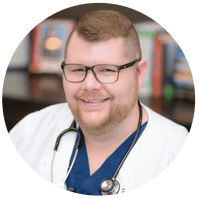
Damion Keith Jenkins, RN, MSN | CEO is the Lead Creator and Nursing Educator at The Nurse Speak, LLC. – a nursing education and consulting company and blog. To learn more about Damion and his NCLEX Prep, Content Writing, and Public Speaking services, please visit www.thenursespeak.com.


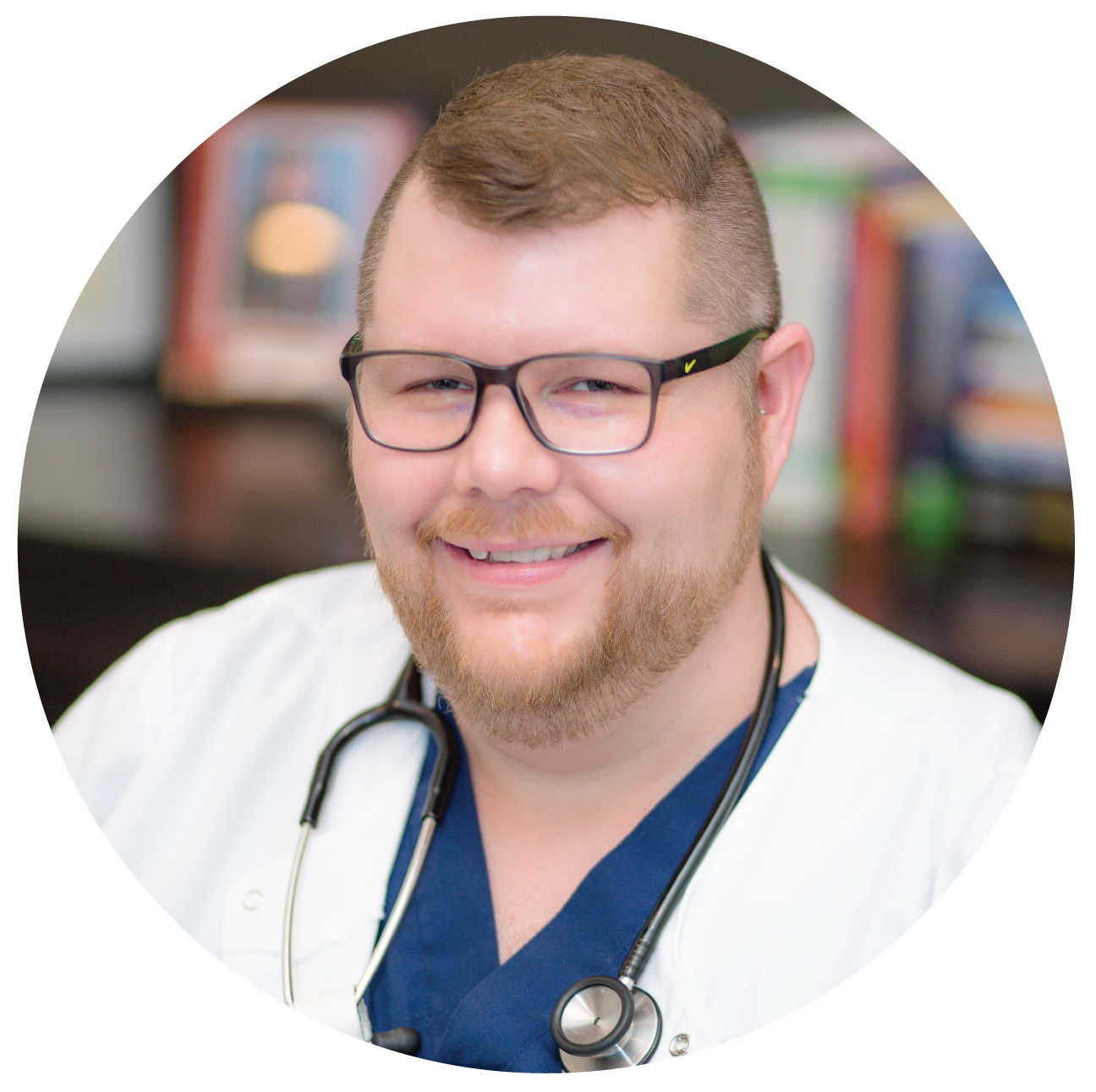

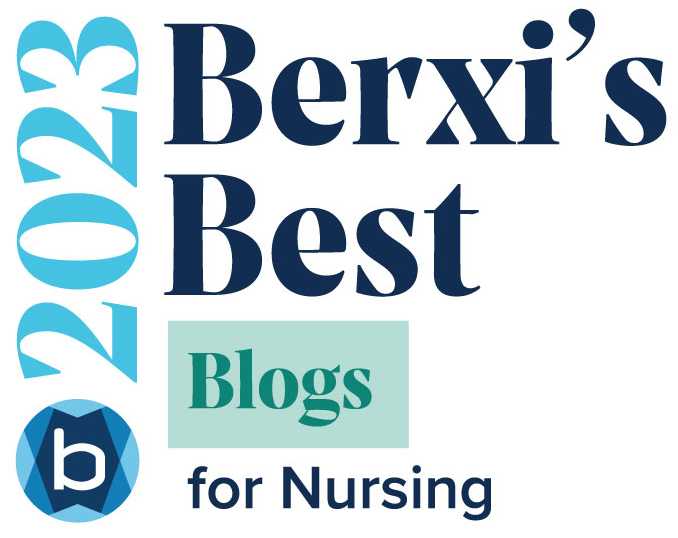
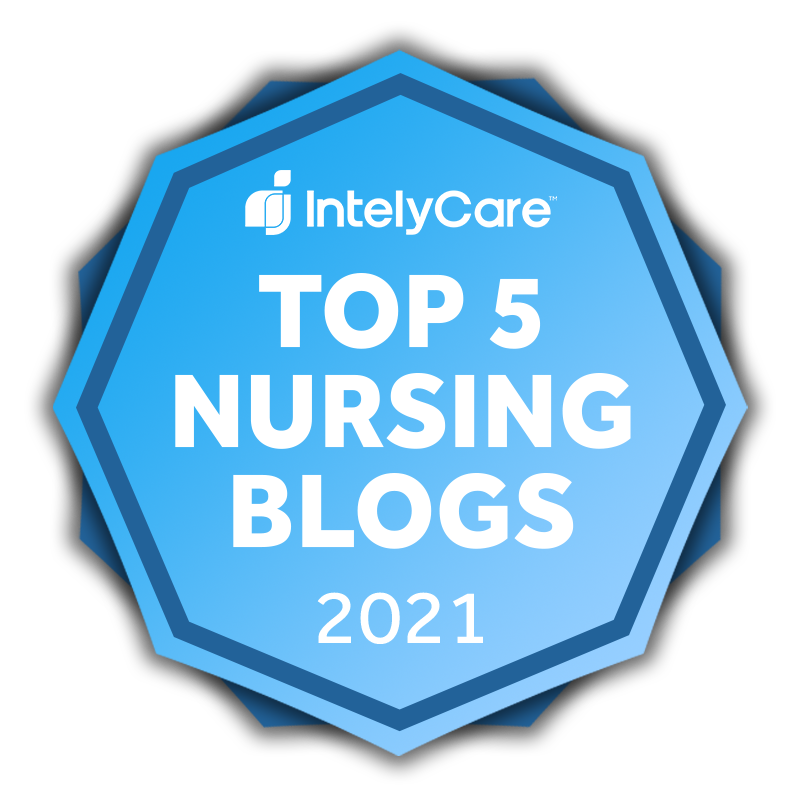
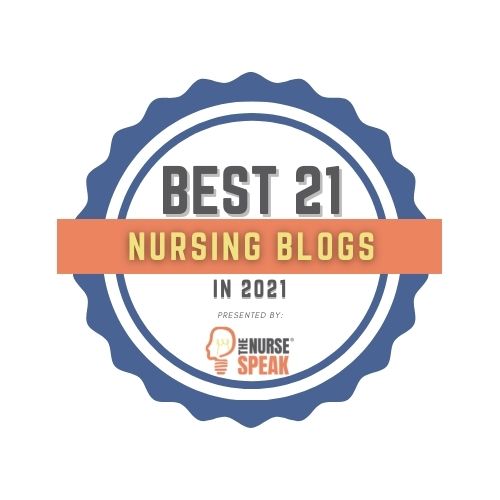
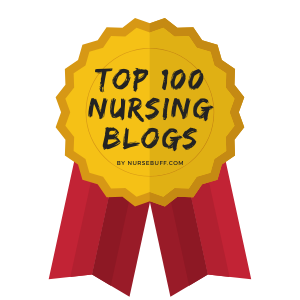
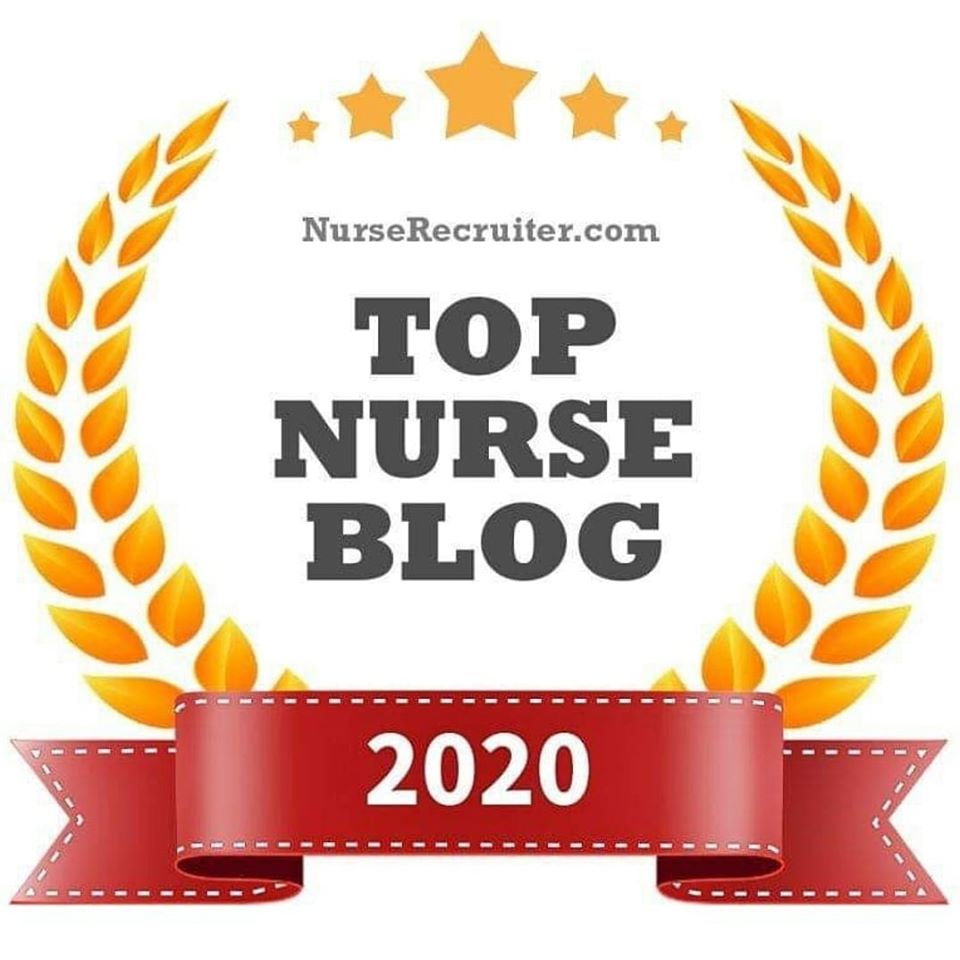



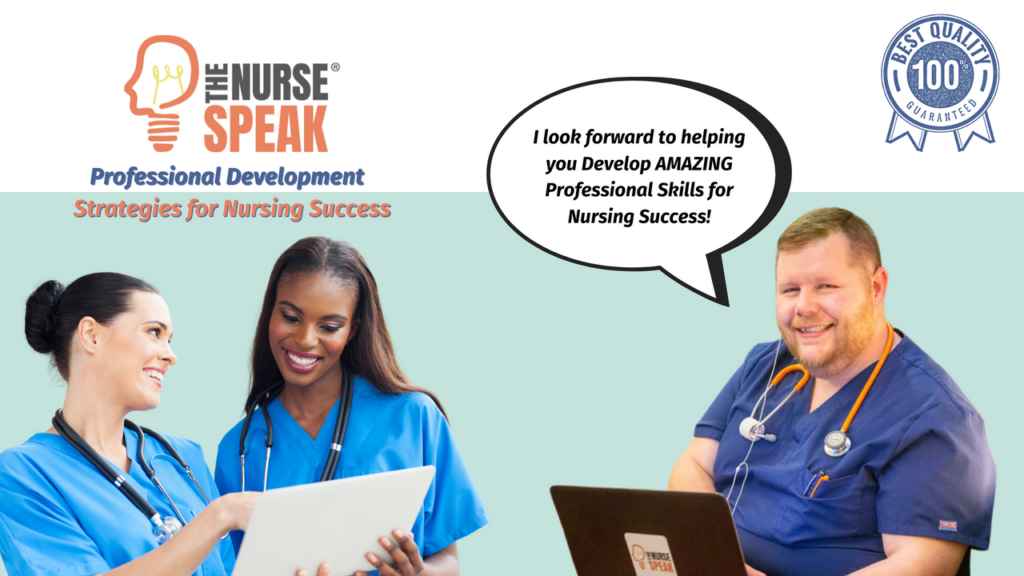
HI. I need more information
Please schedule an inquiry call or send an email.